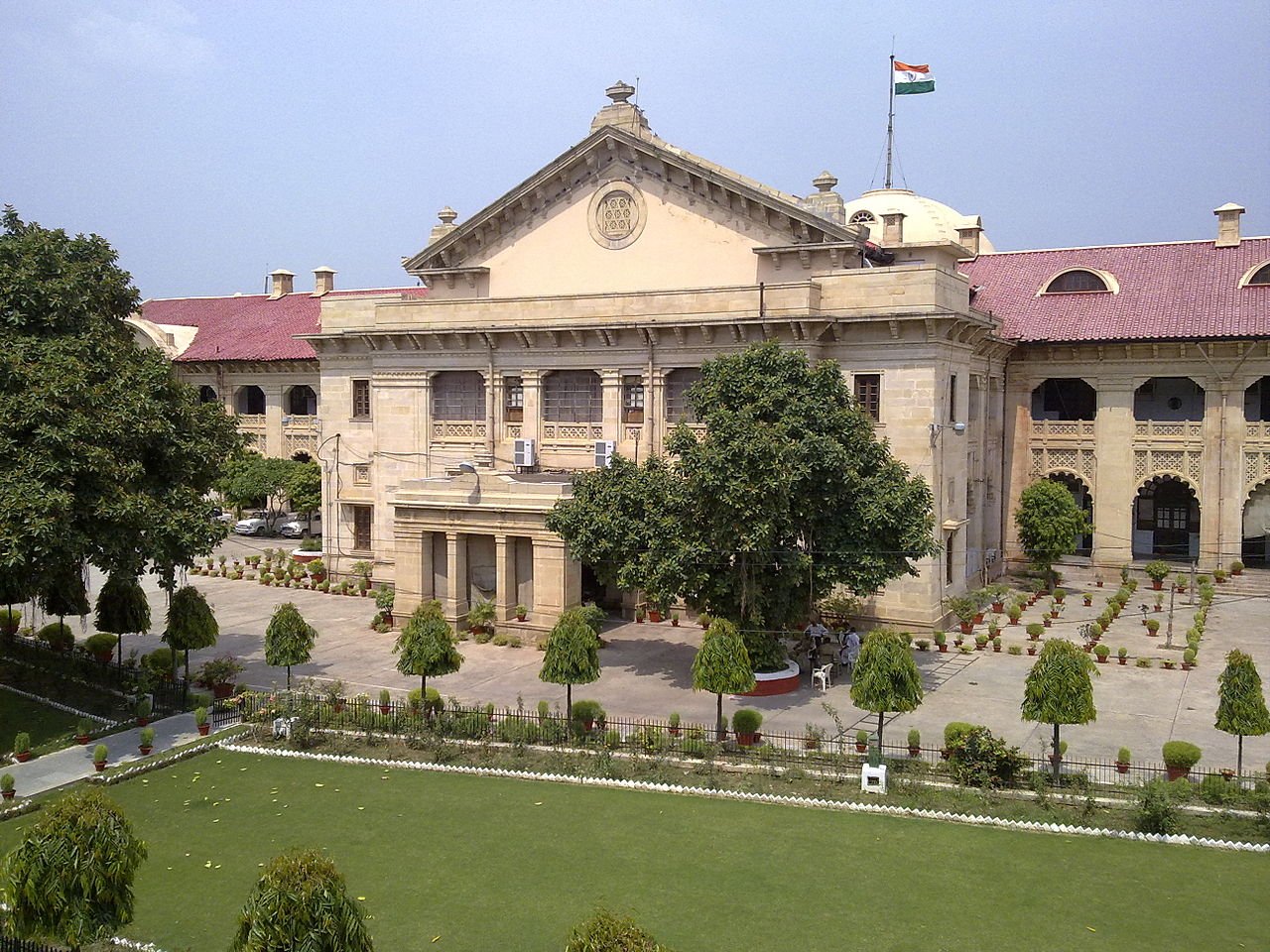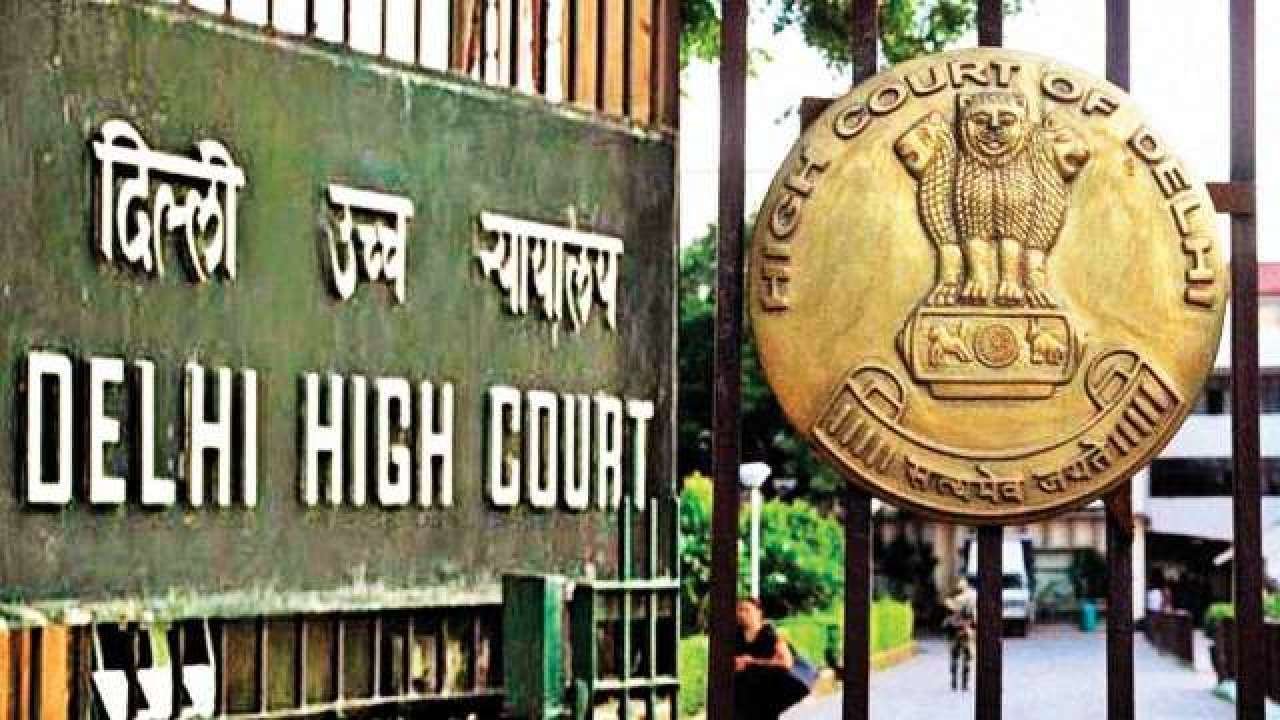The Court was dealing with a matter wherein a lawyer appeared for his father in a matrimonial dispute against his mother.
The Allahabad High Court recently observed that while lawyers have the discretion to choose their clients, their early professional experiences often teach them to refrain from representing family members. In a case involving an attorney representing his father in a matrimonial dispute against his mother, the Court made the following observation:
“The Courts cannot prescribe how lawyers should select their clients. This is typically guided by the wisdom acquired during their initial years in the legal profession, advising them against representing their own blood relatives. However, this insight seems to have had no impact on Subham Kumar, the attorney in this case.”
According to the justices, there should ideally be no formal legal restrictions on lawyers’ choice of clients. They stated, “It would be unfortunate if the statutory law imposed limitations on who can accept a case and who can decline it. However, the father-son duo in this case seemed to expect nothing less. This is the unfortunate aspect of this case.”
The Court was primarily concerned with a contempt case involving the attorney and his father, who were accused of disrupting proceedings in a family court. The family court judge had submitted a written complaint to the High Court, leading to contempt proceedings against the attorney and his father.
The High Court emphasized that court proceedings should be conducted with dignity and without interruptions, and any grievances should be addressed through the appropriate legal channels. However, the Court acknowledged that emotions can run high when an attorney represents a family member.
The High Court noted, “What could be more complex and delicate than a son (a lawyer) representing his father (the litigant), especially in a matrimonial case involving his mother?”
The contempt case was initiated in 2022 following a referral from the Additional Principal Judge of the Family Court in Aligarh. Both the litigant, Subhash Kumar, and his son and attorney, Shubham Kumar, were accused of disruptive behavior in the family court.
The High Court expressed doubt about the authenticity of the apologies submitted by the attorney and his father, as they initially claimed they were pleading for forgiveness “for what we did not do.”
Despite the skepticism, the Court decided to dismiss the contempt proceedings to prioritize the pursuit of justice for legitimate litigants over administering legal punishments to the defendants.
The bench emphasized that the Court cannot compel an attorney or litigant to apologize but noted that neither the attorney nor his father had been exonerated for their behavior. The Court also commended the family court judge for maintaining decorum in the court proceedings before adjourning the case.



